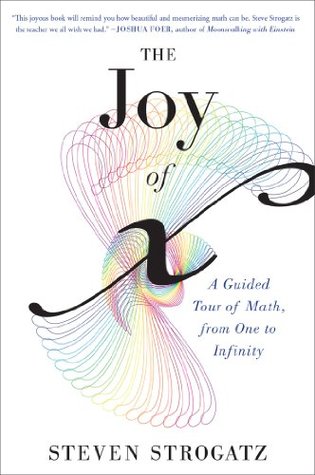More on this book
Community
Kindle Notes & Highlights
Read between
December 3 - December 17, 2021
Viewed in this light, numbers start to seem a bit mysterious. They apparently exist in some sort of Platonic realm, a level above reality. In that respect they are more like other lofty concepts (e.g., truth and justice), and less like the ordinary objects of daily life. Their philosophical status becomes even murkier upon further reflection. Where exactly do numbers come from? Did humanity invent them? Or discover them? An additional subtlety is that numbers (and all mathematical ideas, for that matter) have lives of their own. We can’t control them. Even though they exist in our minds, once
...more
Yet despite this infinite vista, there are always constraints on our creativity. We can decide what we mean by things like 6 and +, but once we do, the results of expressions like 6 + 6 are beyond our control. Logic leaves us no choice. In that sense, math always involves both invention and discovery: we invent the concepts but discover their consequences. As we’ll see in the coming chapters, in mathematics our freedom lies in the questions we ask—and in how we pursue them—but not in the answers awaiting us.
From the early days of mechanical calculators to the supercomputers of today, the automation of arithmetic was made possible by the beautiful idea of place value.
Skilled problem solvers know that a better approach is to relax and play with the puzzle,


